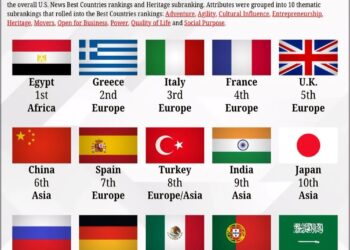Select Language:
Beijing has secured the position of the sixth-best workcation destination globally, surpassing well-known cities such as Paris and Rome. The city’s stellar infrastructure and exceptional quality of life continue to boost its attractiveness for remote workers.
In the third annual “Work from Anywhere” Barometer, Beijing received a score of 87 out of 120 points. This report evaluated 40 cities worldwide based on 12 criteria, including infrastructure, connectivity, and lifestyle factors. The Chinese capital excels particularly in transportation, sustainability, and accessibility to natural areas.
Its comprehensive metro system, consisting of 29 lines with an additional 10 under development, earned high praise. The city’s environmental measures have also made a tangible impact, achieving 290 days of good air quality last year after reducing PM2.5 levels by 66 percent since 2013, earning a near-perfect sustainability score.
Beijing’s ranking reflects broader improvements in urban living standards across China. As stated by a senior official, the city’s smart infrastructure, strong environmental policies, and streamlined immigration procedures have made it an appealing hub for international professionals.
The city has experienced a 57 percent increase in international visitors in the first four months of this year, reaching 1.46 million, compared to the same period last year. Additionally, efforts to attract 500 global food brands by year’s end are further enhancing its appeal to remote workers.
Recent research highlights that 78 percent of employees prioritize workplace flexibility when seeking new jobs, and 87 percent report increased productivity when working from different locations.
Tokyo has been crowned the top workcation city worldwide, with Seoul ranking fourth and Singapore placed 15th. These rankings illustrate Asia’s expanding influence in the global flexible working trend.
Founded in 1989, the world’s largest provider of flexible workspaces operates over 4,000 locations across more than 120 countries and serves 83 percent of Fortune 500 companies. Its presence is particularly strong in major Chinese cities, driven by the rising demand for hybrid work options.







